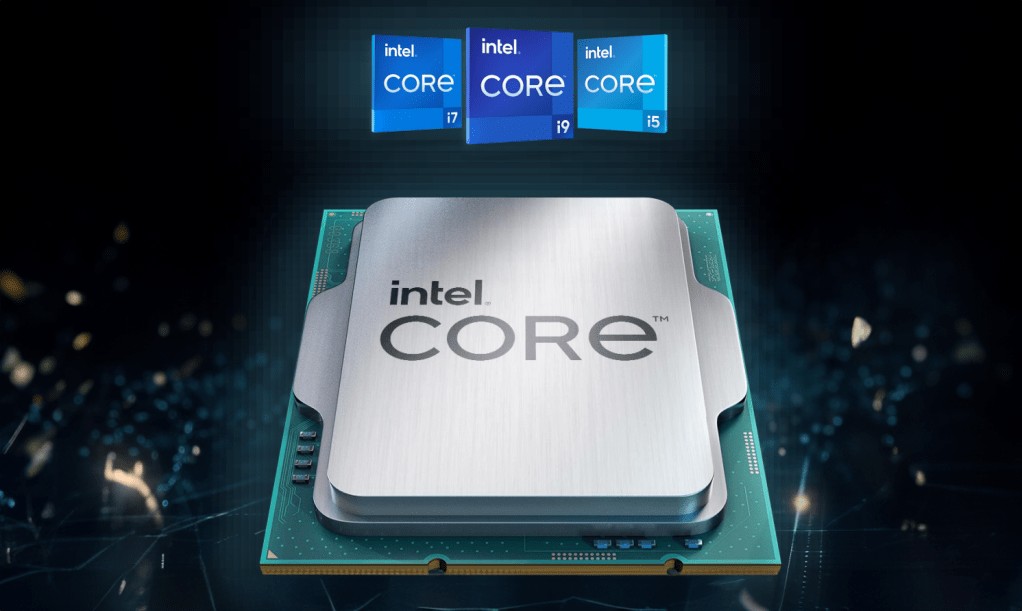
Intel has released a new microcode BIOS patch (0x12B) for its 14th and 13th generation Core i9 processors, but early testing suggests it may have some unexpected performance impacts.
The 0x12B patch is the third in a recent series of updates from Intel. While the company initially stated any performance changes would be minimal, within normal "run-to-run" variation, independent testing is showing more noticeable effects.
A user on the Chiphell forum tested an Intel Core i9-13900K processor with the new BIOS patch and found a 6.5% drop in single-core performance in Cinebench R15. The score fell from the typical 330-340 points down to 314 points. This puts the 13900K below even the AMD Ryzen 7 7700X in this particular benchmark.
Similar testing on the newer Core i9-14900K showed a smaller but still measurable impact. Its Cinebench R23 multi-core score dropped by about 2% to 37,276 points, falling behind the AMD Ryzen 9 7950X.
While these performance reductions may seem small, they are larger than Intel's predicted "margin of error" changes. The patch also appears to remove some BIOS options, like the ability to disable C1E power saving.
For users of affected processors, there is little choice but to accept the performance impact if they want to maintain system stability and security. Those building new systems may want to consider mid-range options or wait for Intel's next generation chips if top-tier performance is critical.
This situation highlights the delicate balance between performance, stability, and security in modern processors. As vulnerabilities are discovered and patched, there can be unexpected consequences for users who depend on every last bit of processing power.